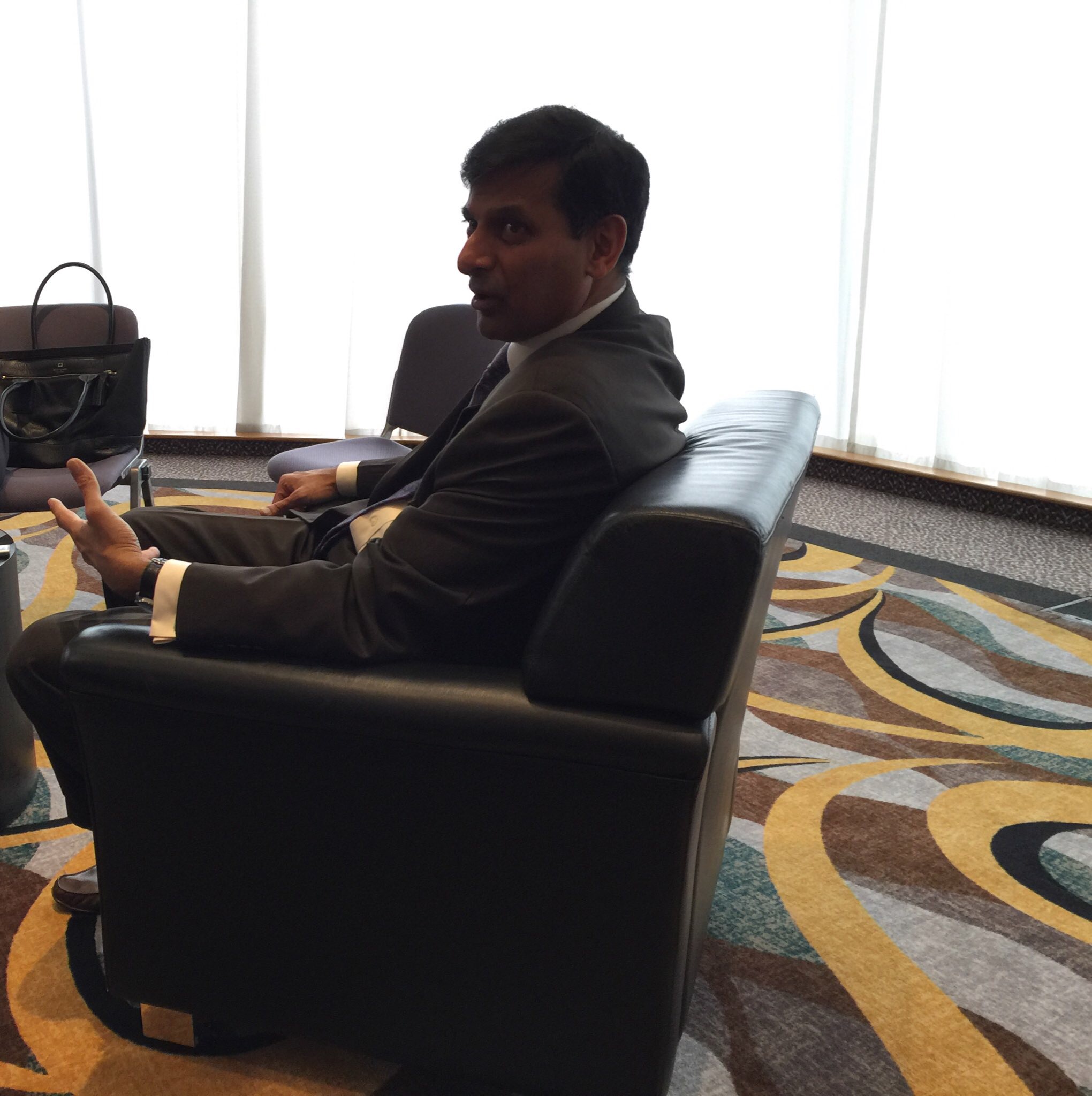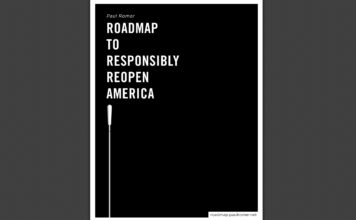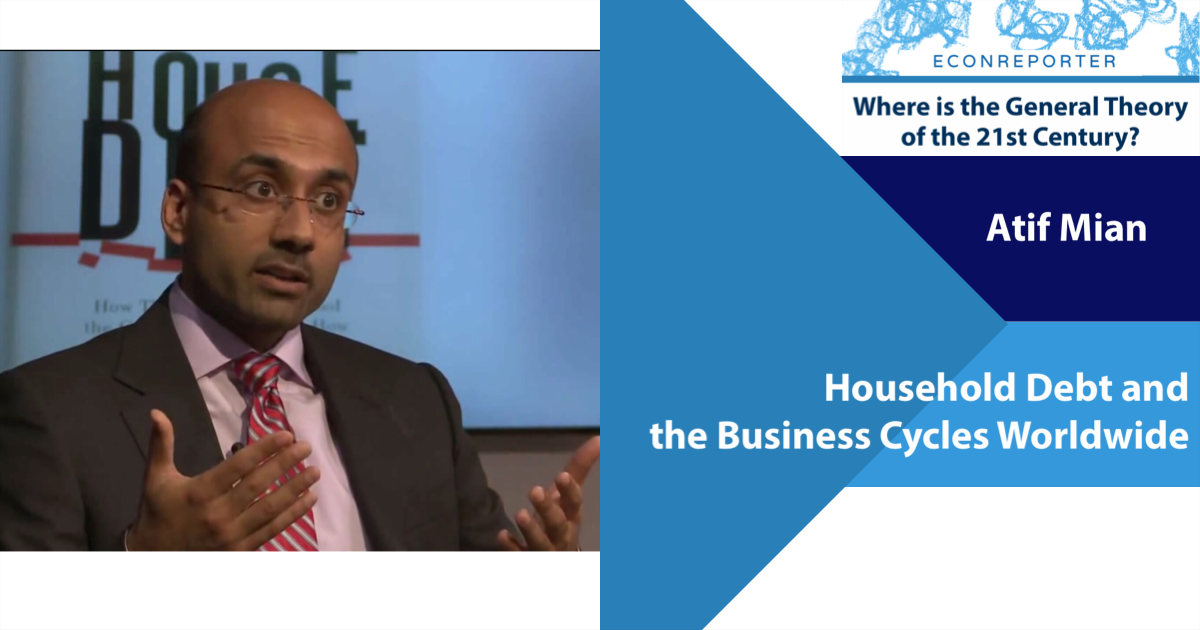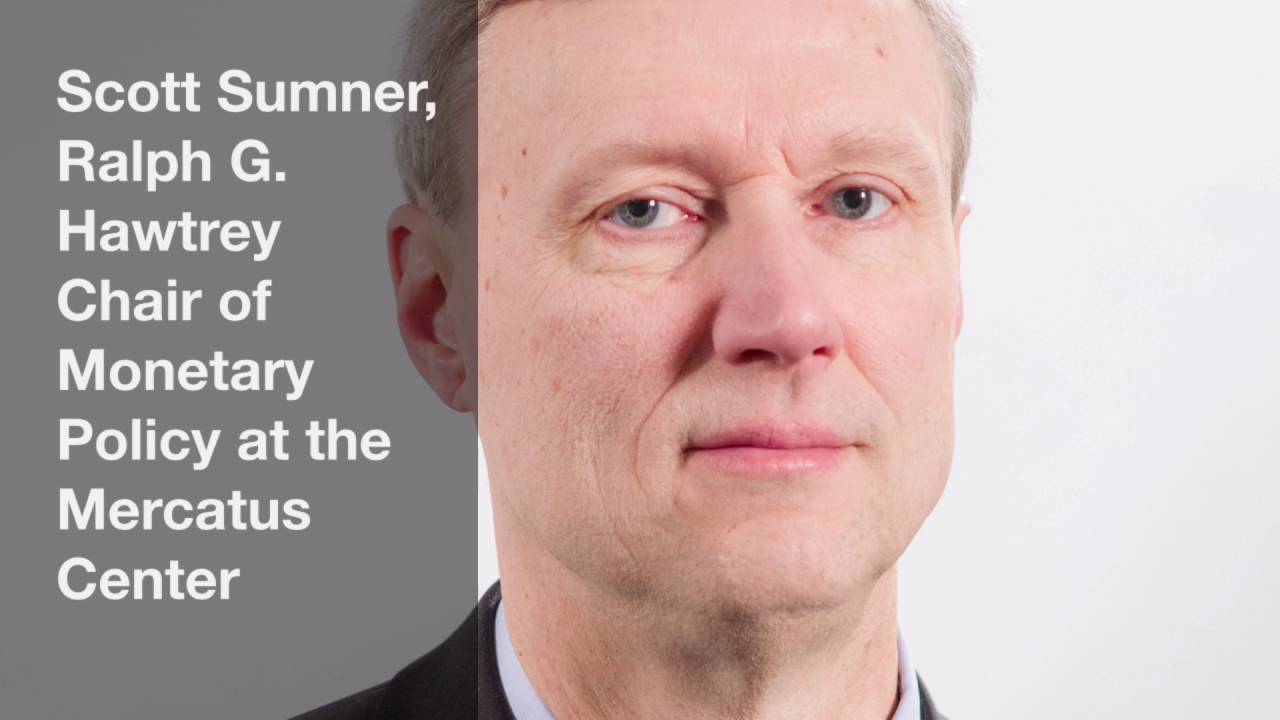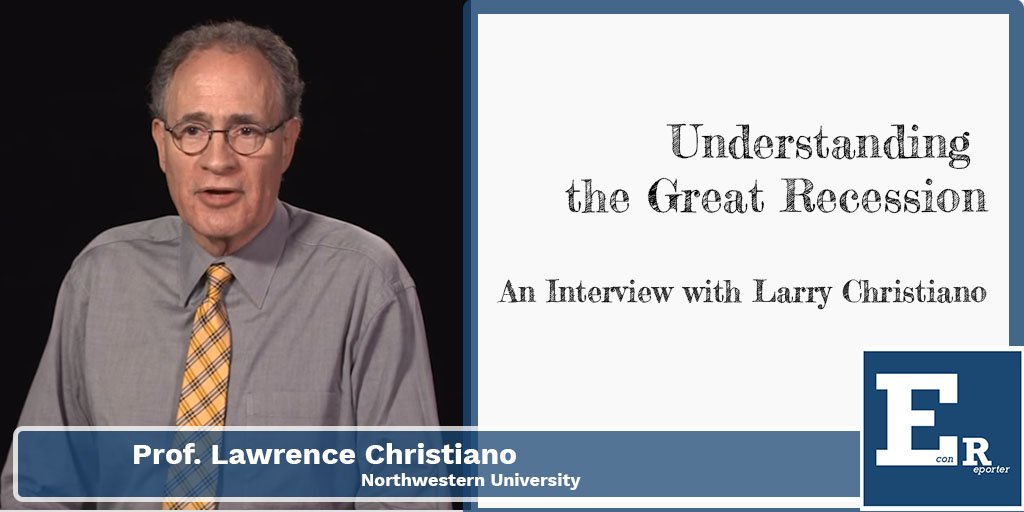Raghuram Rajan, former Governer of Reserve Bank of India and now Professor of Finance at Chicago Booth, visited Hong Kong and gave a keynote speech in Asian Financial Forum last week. I am lucky enough to have a chance to attend a small group media interview section with Professor Rajan.
Sorry that I can’t post the whole transcript of the interview section here, as I attended the section as a correspondent on behalf of a local newspaper, iMoeny. Instead, I would share with you part of the interview that I have written and published in the newspaper. The part I found most interesting is when Rajan discussed with us his thinking on fostering international monetary cooperation and the so-called “New Rule for Monetary Game“: (edited slightly for clarity, all mistakes are ours.)
Let me be clear, what I mean by international monetary cooperation is that, in this integrated world where deflation is much of a concern so that we used all sorts of exotic monetary policy, the old rule of the game no longer applies. We don’t have the rule of the game to govern such environment.
So I am not advocating cooperation in the sense that we should all sat in a room and decide each other’s policies. That’s not what I was advocating. I was advocating some discipline on what central banks are allowed to do, for how long, and what central banks should not be allowed to do because those things could inflict greater harm on the global system.
Immediately there are push back saying that most central banks have the domestic mandate. So am I advocating something larger than a domestic mandate? I would say, absolutely yes. In an integrated world, we have to go beyond the domestic mandate.
Of course, in this current environment which is anti-globalization, I think it will take some time to persuade people to consider a system that recognizes there is the need to look beyond your borders.
So if you ask me if this is an opportune moment to do this? No. But if this is an opportune moment to start reflecting about the new rules of the game, on what the rules should be so that when the opportune moment comes, we can actually get them to agree that we need a new structure? I think that is without question.
For more coverage, one can read this excellent report by KENJI KAWASE of Nikkei Asian Review:
“Geopolitical risk is no ‘black swan’ — Rajan”
Interview: Geopolitical risk is no ‘black swan’ — Rajan- Nikkei Asian Review
—————————
(The answer by Rajan is originally published in iMoney issues.483. It is published in Chinese and I do the translation on my own, so any miscomunications with the passage above are all mine. )
>>> You can follow EconReporter via Bluesky or Google News


